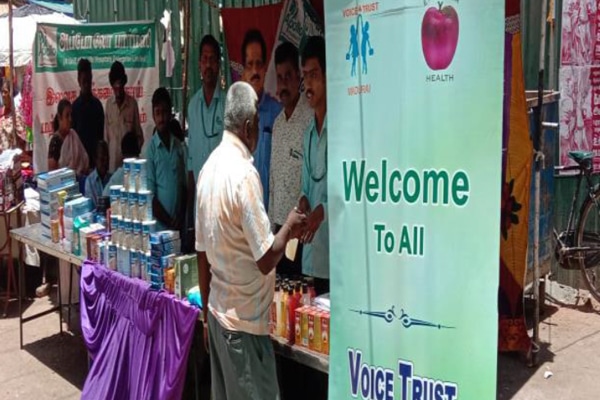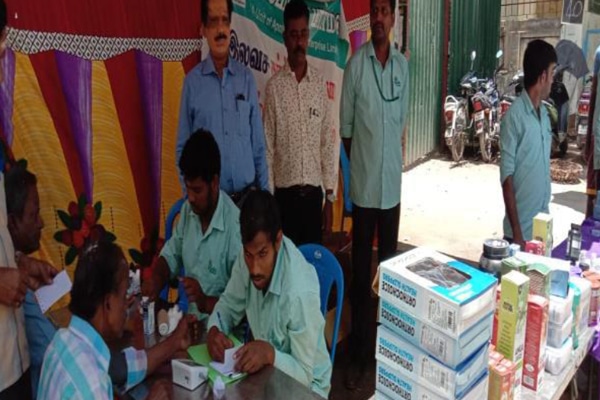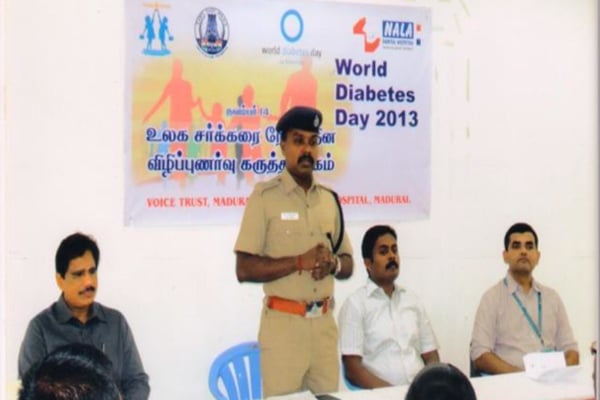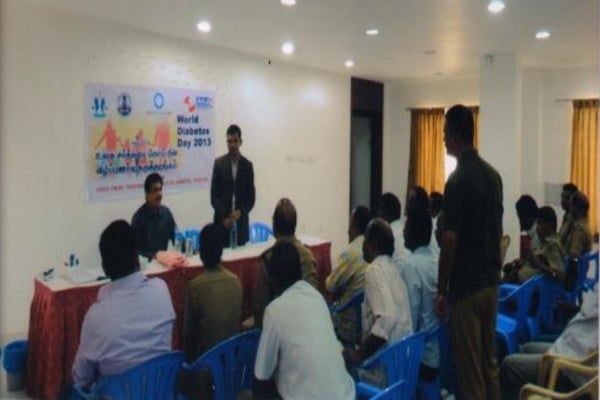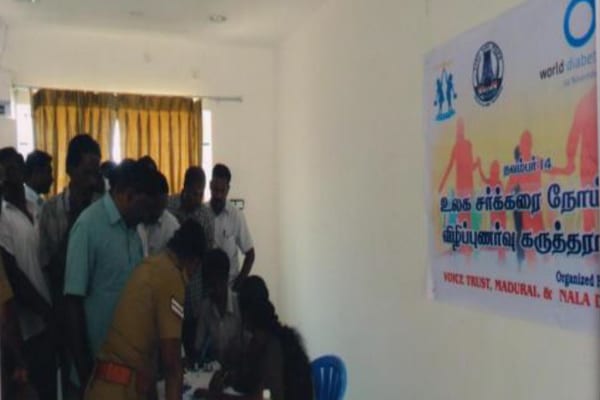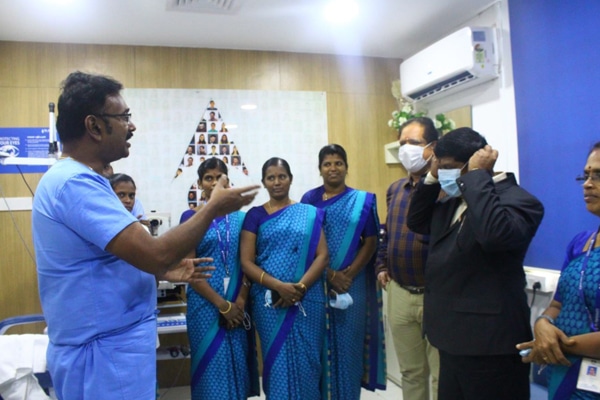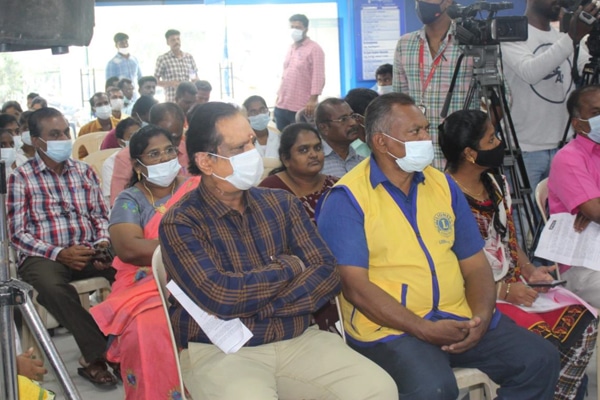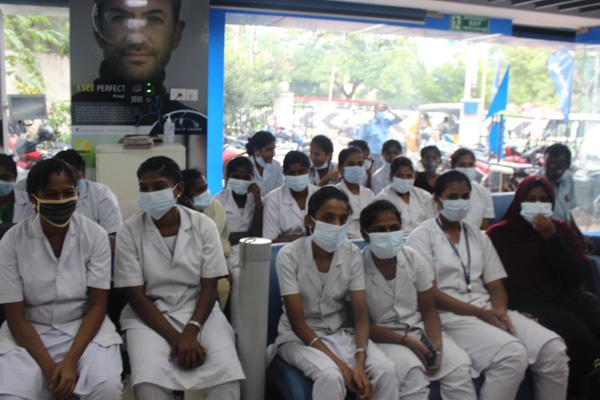

Diabetic Awareness Camp For The General Public
Diabetes Awareness Program at Nala Dental Hospital, Madurai for District police Officers
Diabetic Retinopathy Diseases - Eye Care And Awareness Campaign
Diabetic Retinopathy Diseases - Eye Care And Awareness Campaign

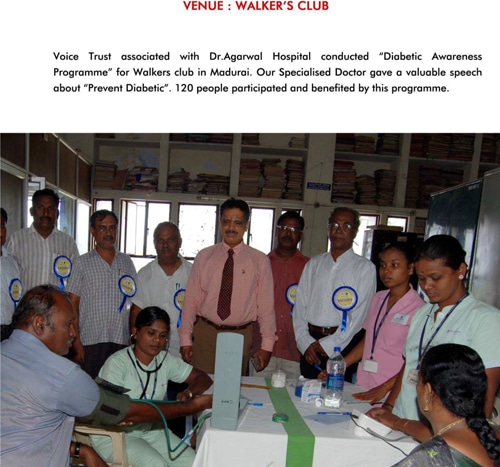
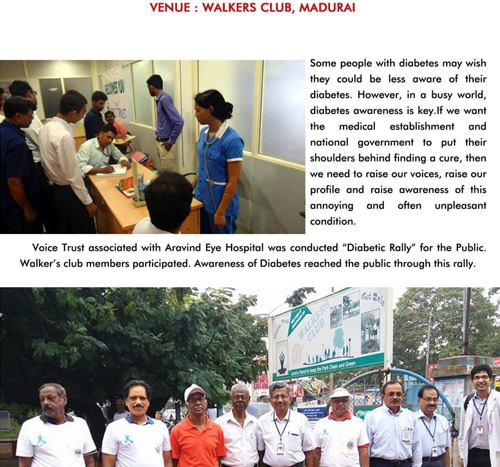
Diabetes Awareness – The Common Disease and its Common Misconceptions
Diabetes comes in all shapes and sizes — like many other diseases, it isn’t one to discriminate. According to the Discover Diabetes Study, 1 in 11 people are living with diabetes right now. Even some of the healthiest people are diabetic; in fact, diabetics are often the most in tune with their bodies. Some of the characteristics of diabetes might even surprise you.
Diabetes comes in all shapes and sizes — like many other diseases, it isn’t one to discriminate. According to the Discover Diabetes Study, 1 in 11 people are living with diabetes right now. Even some of the healthiest people are diabetic; in fact, diabetics are often the most in tune with their bodies. Some of the characteristics of diabetes might even surprise you.
What is Diabetes?
How does one develop diabetes?
shape of oral drugs or insulin injections to control glucose levels.


